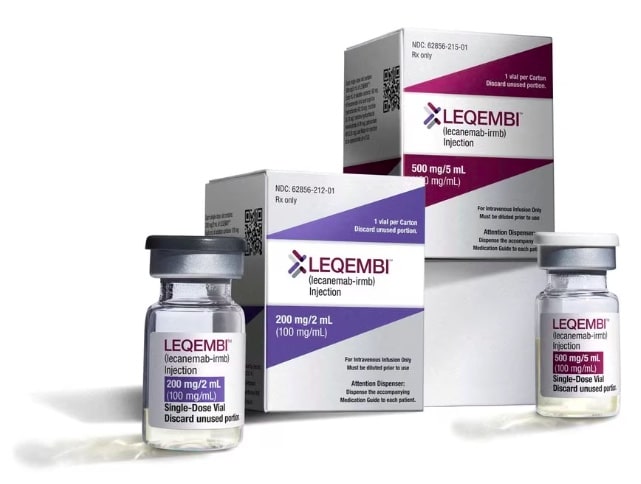Several major U.S. health systems have said they’re set to offer the promising new Alzheimer’s drug Leqembi in the next month or two.
Three health systems—Minnesota’s Mayo Clinic, Chicago’s Northwestern Memorial, Los Angeles’ Cedars-Sinai—said they plan to roll out the Leqembi after working out payment and administrative policies, as well as how to assess and monitor patients.
Meanwhile, the University of Miami Miller School of Medicine said it already has at least 50 patients waiting for the treatment. And Durham, North Carolina-based Duke University Health System started 16 patients on Leqembi, who are paying for the drug out of pocket, even before it received federal approval.
Two other health systems—Cleveland Clinic and Utah’s Intermountain health system—said they have not started offering the drug.
Leqembi is the result of a joint undertaking from pharmaceutical companies Tokyo-based Eisai and Massachusetts-based Biogen. It received FDA approval in early July. Eisai said expects 10,000 people to receive the drug by March 2024 and as many as 100,000 people by 2026.
According to the Alzheimer’s Association, some 6 million Americans are living with the dementia-causing disease.
Since Leqembi received FDA approval, Medicare said it plans to reimburse for the treatment, priced at $26,500 per year, in return for participation in a patient database.


